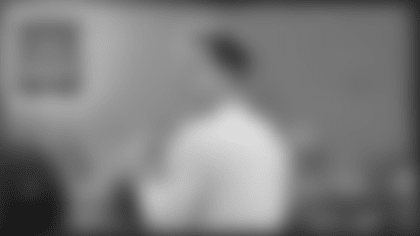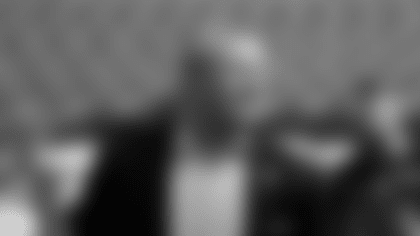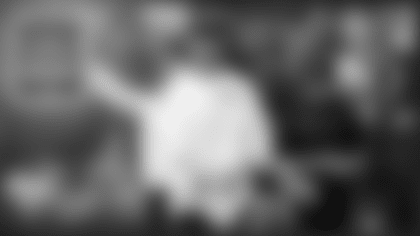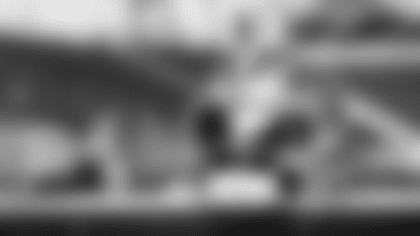As a kid I didn't know anything about Juneteenth. In fact, I'm not even sure I had heard of the holiday. I grew up in the Midwest, a child of a mixed-race (Black, Native American and Irish) mother and a Black father.
I grew up knowing my grandparents moved from Virginia to St. Louis so my grandmother could teach chemistry, but I didn't think much about it as a child. It wasn't until adulthood that I learned of a letter she wrote to the editor of a Richmond, Virginia newspaper in reference to an advertisement for a laboratory specialist asking, "Why does not the state consider a qualified Negro for the position?" My grandmother graduated cum laude and was "qualified for this position in every way except one — her complexion."
Education was extremely important in my family. I wasn't told about my grandmother's letter to the editor, but I was taught how hard it was for her to become a chemistry teacher and her eventual need to move North, out of Virginia, to find work in her chosen field.
I was told that my mother, who was always talented in math, was guided away from a career in mathematics. Teachers and guidance counselors warned that women — in particular, women of color — shouldn't bother with college for things other than teaching or typing. Her dreams were too big for a racially ambiguous young woman, and she never wanted that for her daughter. This is what is meant when people say we are our ancestor's wildest dreams.
Juneteenth is about celebration and hope. But I didn't learn this in school.
Instead, we learned about the Emancipation Proclamation and its freeing of slaves. Full stop. We didn't learn about Juneteenth, or that it originated in celebration of the last slaves in Texas in 1865 (two years after the Emancipation Proclamation was signed) to be freed.
We didn't learn about the many slave riots, the Tulsa Massacre of 1921 or about Robert Smalls, an enslaved man who stole a Confederate ship and saved the enslaved people on that vessel. We didn't learn about the betterment of Black people by Black people (Tulsa's Black Wall Street) or the way we raised up against our own oppression.
I did, however, learn (and still know) the refrain of the song "I Wish I Was in Dixie'':
I wish I was inDixie
Hooray, Hooray!
In Dixie's land I'll take my stand to live and die in Dixie!
Away, Away, Away Down South in Dixie!
A friend of mine, who is the same age as me but grew up in the South, was taught to call the Civil War, "The War of Northern Aggression." We definitely learned different versions of History in school, and yet neither of us learned the whole truth. Thinking about Juneteenth and Tulsa, why did we not learn about these events in school? How were we not taught about the impact of these big, huge things?
During a year where so many of us took the time to learn the things we didn't learn in school, reading books like How to be an Anti Racist. Biased and Caste, listening to podcasts such as Code Switch or watching series that teach us and entertain like Lovecraft Country; this learning created a sense of wonder that also included anger and shame.
At times, this year of educational reckoning became overwhelming. But learning about our shared history and its truths and unlearning myths didn't make us less American, it made us more so.
We are ashamed as a nation of this past; we don't teach our children, and we don't teach each other preferring silence and forgetting. In order to embrace the jubilation of Juneteenth we also have to acknowledge the pain of slavery.
Holidays aren't just for celebrating; they are to make sure that we remember. Remember those who fought and died for this land in so many different ways — uniformed and not, labor leaders, LGBTQIA folks, Indigenous peoples, civil rights leaders and organizers. These are all people who believed in the promise of this land but also understood that we were not a perfect union because we don't all share the same rights and privileges. So when people wonder, "Why is Juneteenth important? Why do we have to mark the end of slavery? Why keep bringing it up?"
It's because Juneteenth is not just a celebration, it's a remembrance for me and for so many like me who grew up not knowing the full story — it's an education.
Saved on my phone is a copy of the letter to the editor my grandmother wrote. I revisit it every so often so I don't forget how hard she, a woman of color growing up in the South, fought to be educated and live her truth, and how important it is for me to live and celebrate mine.
Happy Juneteenth.






